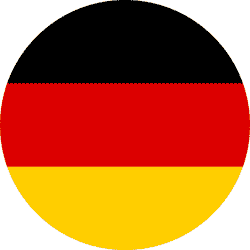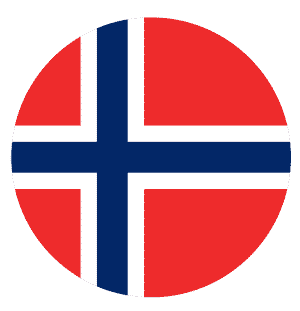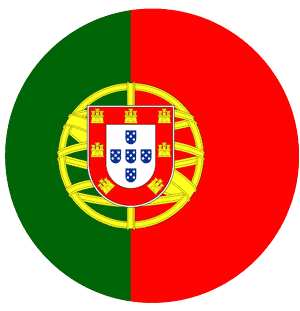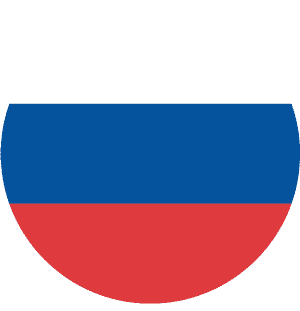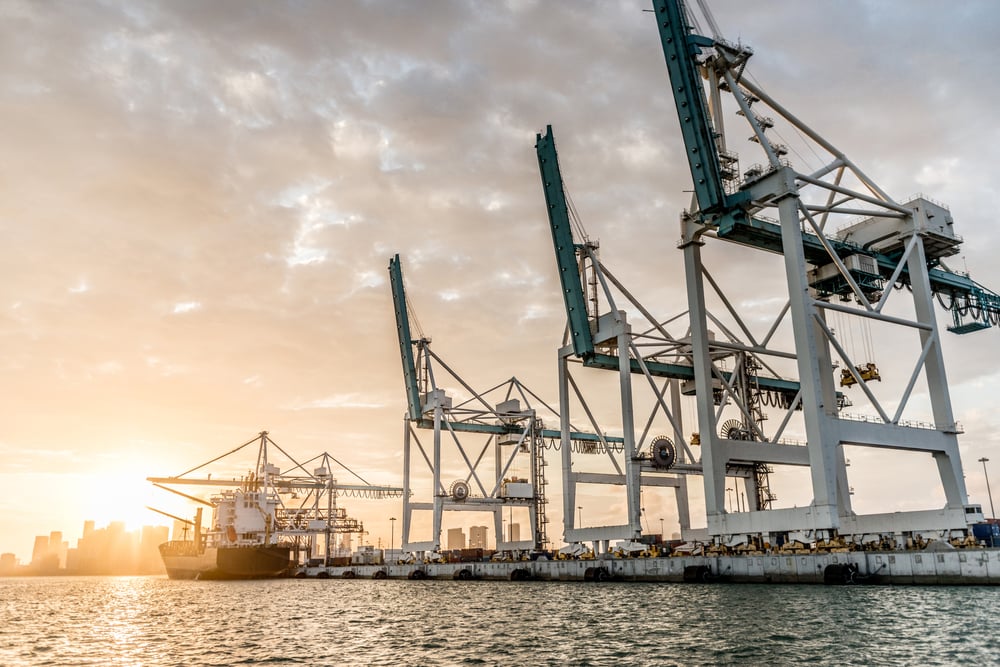The UK, following the US, imposed an embargo on imports of Russian aluminum, copper and nickel on 12 April. The sanctions prohibit the supply of metals from Russia to the London Metal Exchange (LME) and the Chicago Mercantile Exchange (CME). Thus, Russian metal produced after 13 April will be banned from trading on the LME.
Base metals, already rising in price since March amid improving market sentiment, reacted with significant gains on Monday 15 April: aluminum prices rose 4% week-on-week to $2,548/MT; copper prices rose 1% week-on-week to $9,506/MT; nickel prices rose 1% week-on-week to $18,100/MT.
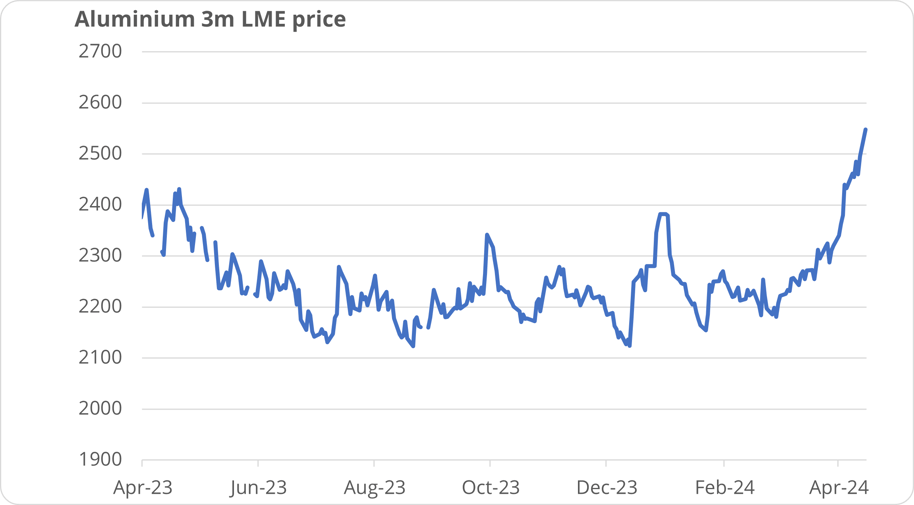
Source: Mintec Analytics
At the same time, the price growth is speculative in the opinion of many market participants. The volume of Russian metals in the US and European markets has significantly decreased over the last two years, as imports have plummeted against the backdrop of sanctions. In addition, a large share of Russian metals are traded bypassing LME warehouses, trading at a discount from LME prices. Probably, this part of the market will continue to function in the EU, so the current price surge is primarily speculative without significant fundamental support.
However, it should be taken into account that Russia redirects its metals to Asian markets, where demand is growing rather weakly. Especially in China, where the economy is showing weak growth and the construction industry, which consumes a lot of metals at various stages of construction, has been stagnating for several years. Consequently, an oversupply of metals in the Asian market could cause a market surplus and lower prices, which may lead to lower prices in the EU and the US.
For further insight join us for our upcoming webinar, "Base Metals: Threats, Opportunities and Price Impact" Our Mintec market reporters will delve into challenges in the base metals market, providing valuable insights to help you navigate the changing market dynamics. Don't miss out – register now to secure your spot!

.png?width=145&height=54&name=Mintec_Logo_Small_Use_Mono_RGB%20(2).png)




